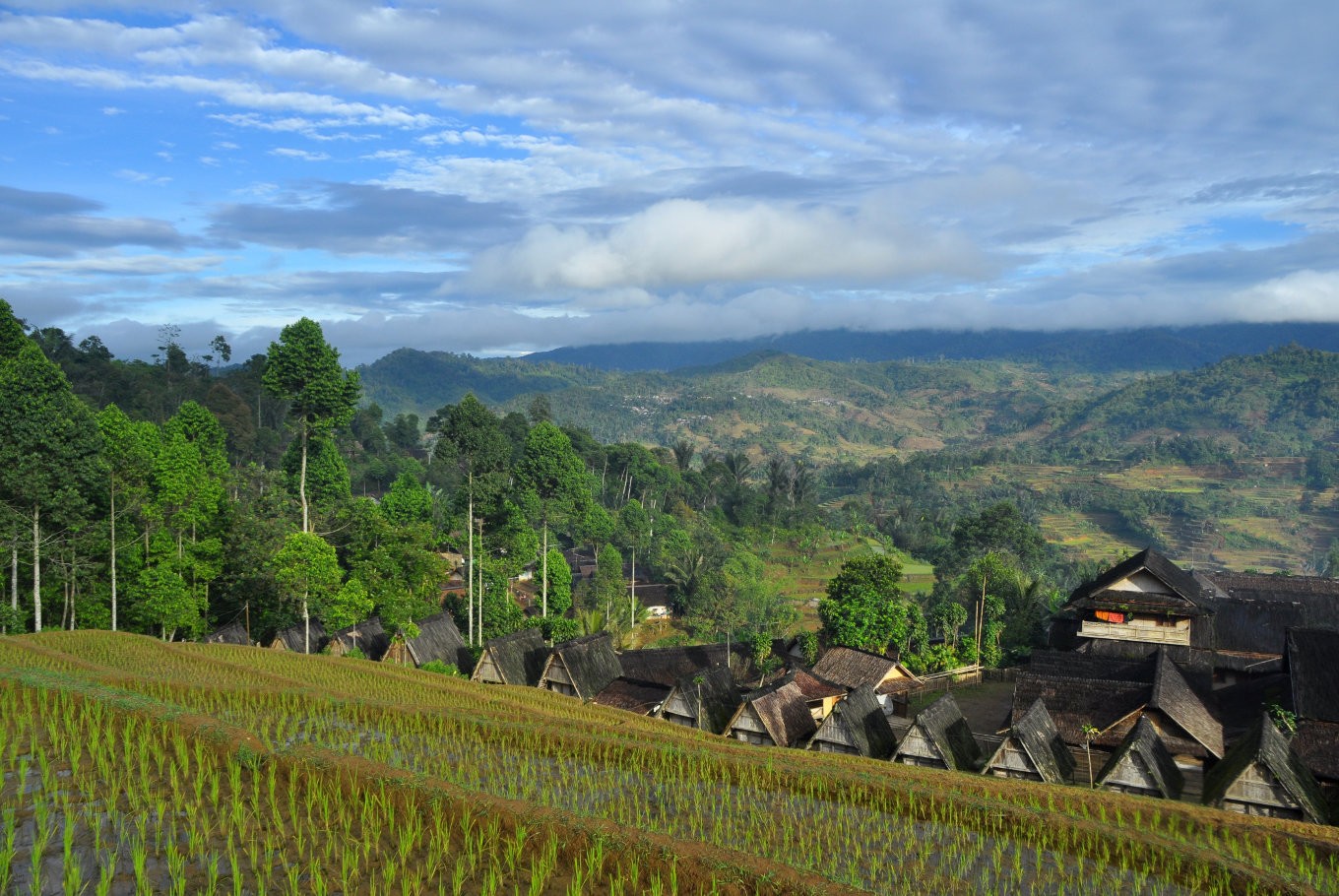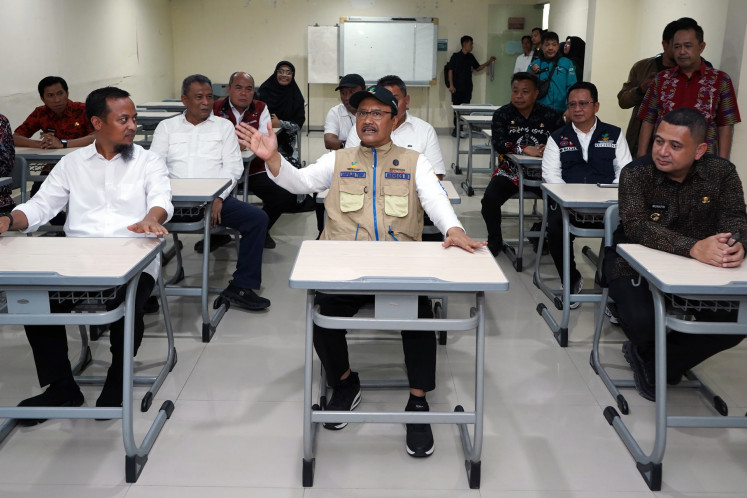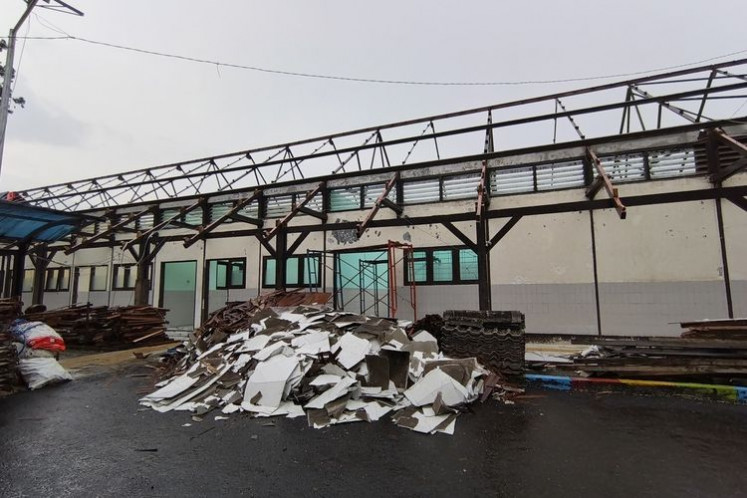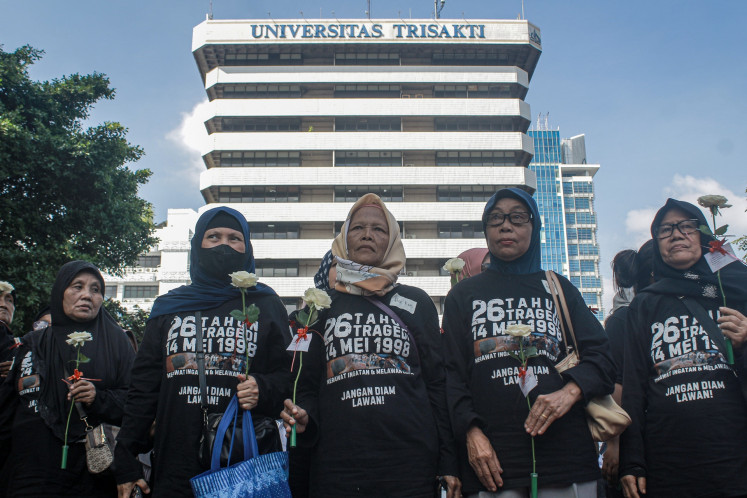Bekasi rice fields shrink as the city becomes property hot spot
Change text size
Gift Premium Articles
to Anyone
 An illustration of a paddy field in West Java. (Shutterstock/File)
An illustration of a paddy field in West Java. (Shutterstock/File)
T
he Bekasi Agriculture and Fisheries Agency says rice fields in the city are declining every year and being transformed into residential areas.
“Almost 90 percent of the rice fields here belong to property companies, hence the decline,” said the agency’s head, Momon Sulaeman, on Monday as quoted by wartakota.tribunnews.com.
Located near industrial zones and the Jakarta-Cikampek turnpike, the main highway to Bandung and other eastern areas, the West Java city has become a hotbed of infrastructure and housing projects.
Summarecon Agung, Agung Sedayu and Lippo Group are among the big property companies that have started housing projects in the area.
Read also: Bekasi sees Rp 7.8 trillion in H1 investment
A recent survey by the Jakarta chapter of the Indonesian Real Estate Developers Association (REI Jakarta) of its 350 members found that Bekasi was the second favorite destination to develop landed house projects after Jakarta.
Momon said the Bekasi administration had planned to cooperate with developers and farmers in order to utilize the developers’ empty land for crop production.
“As instructed by the Agriculture Ministry, we shall try our best to maintain our rice production to be self-sufficient, no matter how small the rice field is,” he added.
Momon said Bekasi had harvested 3,325 tons of rice from 475 hectares as of May this year. Rice fields in Bekasi are located in 12 districts across the municipality, most of which are in the Medansatria and Mustikajaya districts.
“Some 10 percent [of the total rice production] will be stored as food stock,” he added, noting that the fields in Bekasi were harvested three times per year. (vla/wit)









